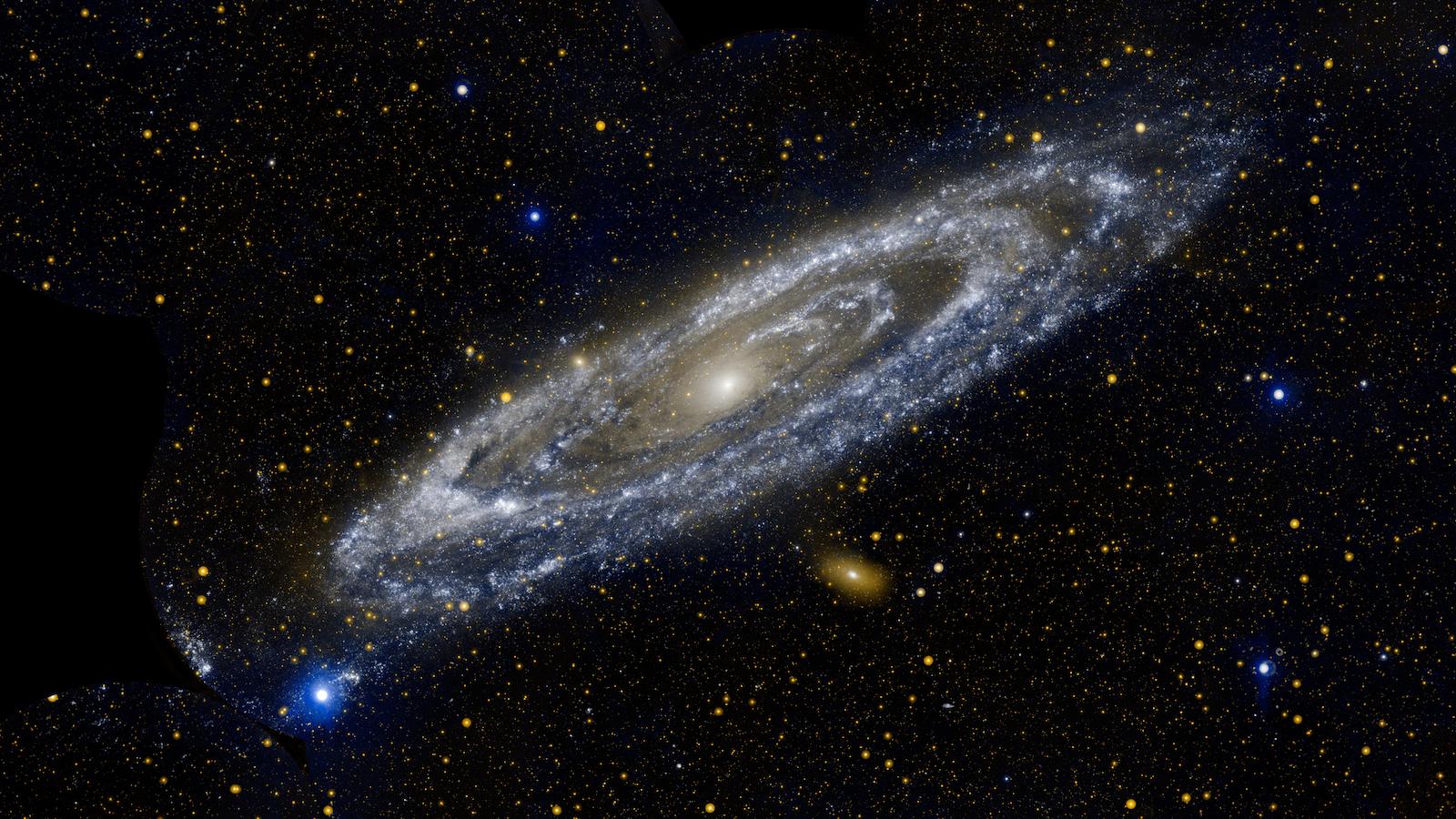Cigarette Smoke Jolts Hundreds of Genes, Researchers Say
Get the world’s most fascinating discoveries delivered straight to your inbox.
You are now subscribed
Your newsletter sign-up was successful
Want to add more newsletters?

Delivered Daily
Daily Newsletter
Sign up for the latest discoveries, groundbreaking research and fascinating breakthroughs that impact you and the wider world direct to your inbox.

Once a week
Life's Little Mysteries
Feed your curiosity with an exclusive mystery every week, solved with science and delivered direct to your inbox before it's seen anywhere else.

Once a week
How It Works
Sign up to our free science & technology newsletter for your weekly fix of fascinating articles, quick quizzes, amazing images, and more

Delivered daily
Space.com Newsletter
Breaking space news, the latest updates on rocket launches, skywatching events and more!

Once a month
Watch This Space
Sign up to our monthly entertainment newsletter to keep up with all our coverage of the latest sci-fi and space movies, tv shows, games and books.

Once a week
Night Sky This Week
Discover this week's must-see night sky events, moon phases, and stunning astrophotos. Sign up for our skywatching newsletter and explore the universe with us!
Join the club
Get full access to premium articles, exclusive features and a growing list of member rewards.
Doctors have long noticed a link between smoking and cancers found in organs beside the lungs, including kidney, colon and bladder cancers.
Now, a new study shows lighting up a cigarette changes a person’s gene activity across the body. The findings may be a clue to why smoking affects overall health – from heart disease to combating infections.
A research team from Australia and San Antonio, Texas, analyzed white blood cell samples of 1,240 people, ages 16-94, who were participating in the San Antonio Family Heart Study.
They found that the self-identified smokers in the group – 297 people – were more likely to have unusual patterns of "gene expression" related to tumor development, inflammation, virus elimination, cell death and more. A gene is expressed when it codes for a protein that then instructs, or kick-starts, a process in the body.
The authors of the study found cigarette smoke could increase or decrease the level of expression of 323 genes.
“On some levels, we were surprised by the extent of the influence exposure to cigarette smoke had on gene expression, especially considering we used such a simple measure of smoke exposure: smoker or non-smoker,” said lead author Jac Charlesworth, a research fellow at the Menzies Research Institute Tasmania in Australia.
On the other hand, Charlesworth said, doctors have known “for a very long time” that smoking worsens cancer risk overall, depresses immune systems and causes other problems. Heart disease, cataracts and poor wound healing are all more common in people who smoke, according to the National Institutes of Health and the new study.
Get the world’s most fascinating discoveries delivered straight to your inbox.
Why genes take a hit
“One of the most important things this study did was to go some way towards understanding the biological responses the body has to smoking,” Charlesworth told Life's Little Mysteries. “Now we know that part of the process is the result of changes at the gene level.”
Cigarette smoke contains more than 4,000 chemical compounds, some of them known toxins and carcinogens. When someone smokes, the toxins enter the bloodstream through the lungs and are distributed throughout the body, the authors explained in the paper.
Because the activity of a single gene may influence a whole set of other genes’ expression, the study could not explain which chemical in cigarette smoke was responsible for affecting which gene.
“Our results indicate that not only individual genes but entire networks of gene interaction are influenced by cigarette smoking,” the authors wrote in the paper.
Questions remain
Charlesworth and her colleagues admitted the scope of their study was limited. The researchers were able to find subjects by testing samples from people in an existing study of Mexican-American families. It’s likely that smoking would affect other ethnic groups the same way, the researchers wrote, but they could not be sure unless other ethnic groups were involved in the study.
However, the study design let researchers examine a purely “environmental influence,” according to Charlesworth. In other words, the research team could measure what smoking does to gene expression independent of the influence of a person’s genetic predisposition for cancer.
Charlesworth said her team is now gathering information for a second study on the same subjects with samples collected 15 years after the start of the original study in 1992.
“We will then be able to look at the response of these expression profiles to changing cigarette smoking habits and other general influences over time,” Charlesworth said.
“It will also be interesting to determine whether any of these [gene] expression alterations persist in individuals who cease smoking, or if they are entirely reversible,” she said.
The study will be published Thursday in the journal BMC Medical Genomics.
This article was provided by LifesLittleMysteries, a sister site to LiveScience.

 Live Science Plus
Live Science Plus










